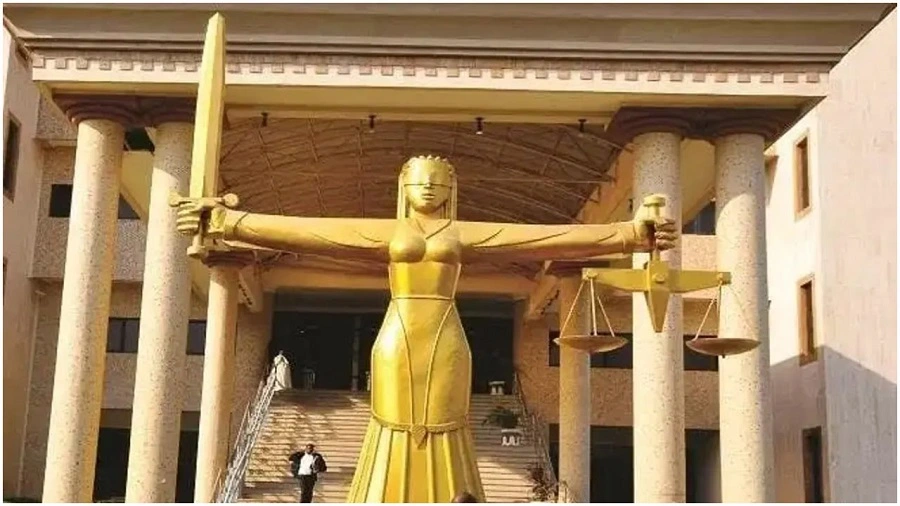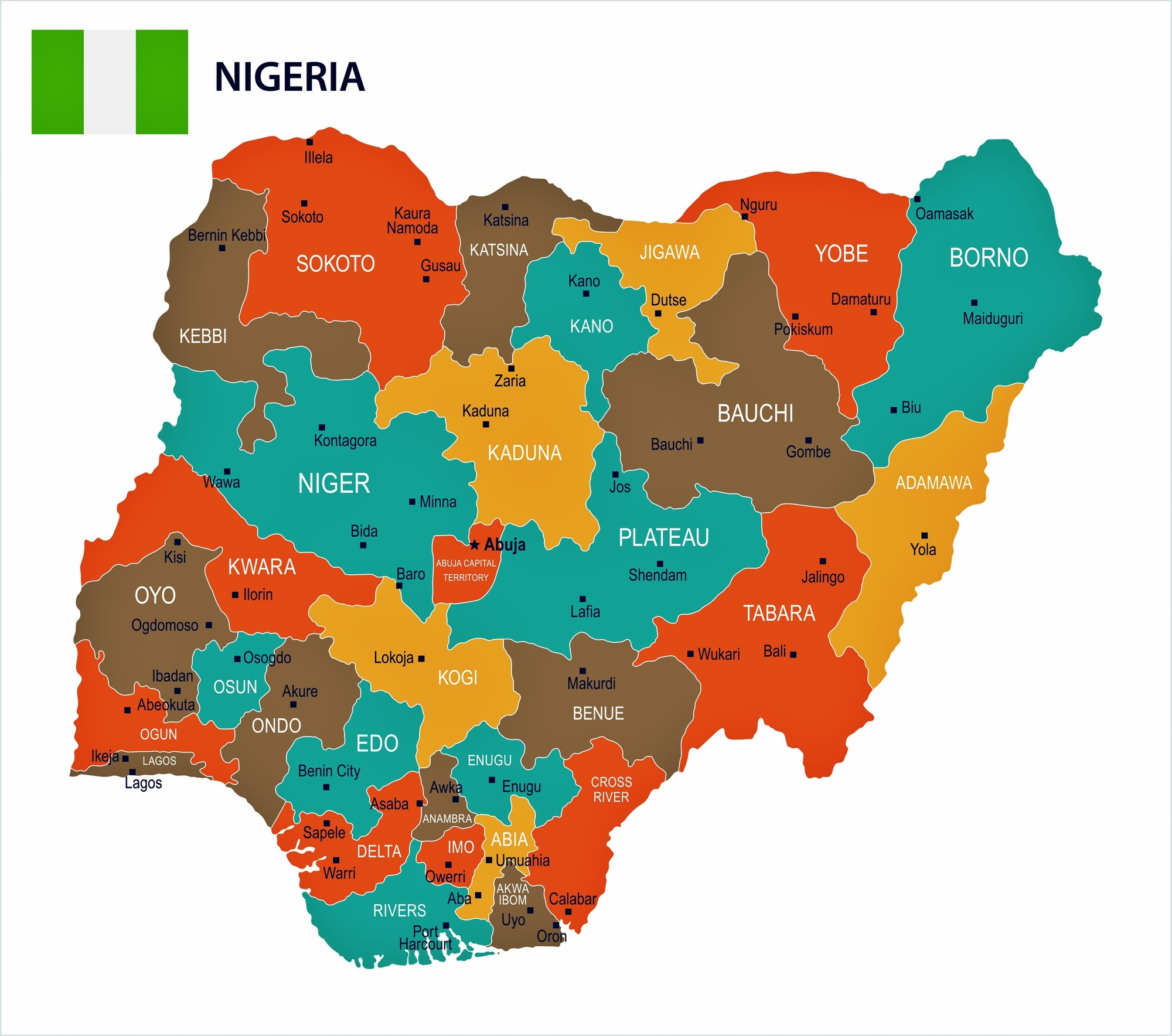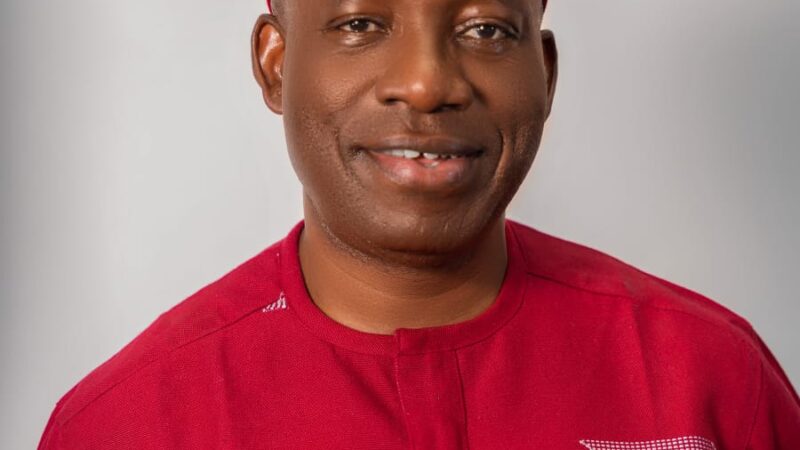Can A Court Declare A Strike To Be Illegal In Nigeria?

By Abayomi Fawehinmi
Strikes in Nigeria have become popular, particularly in the health and Education sector. It is worse with public universities where trade Unions go on Strike as frequently as possible. The strikes may be local or National. It may be a warning strike, a sympathy strike, or a total and indefinite strike.
In 2021, the Judiciary Staff Union of Nigeria (JUSUN) members began their Strike to press for the financial autonomy of the judiciary. Also, the members of the Parliamentary Staff Association of Nigeria (PASAN) in state Houses of Assembly were on Strike over the financial independence of the parliament at the state level. In the health sector, The National Association of Resident Doctors has been on Strike many times. For example, doctors started a strike in a teaching hospital because of an altercation between a doctor and another colleague. Other health workers under the umbrella body of the Joint Health Sector Unions (JOHESU) have also been on Strike many times.
In 2022, all four trade Unions in our universities were on Strike. They are the National Association of Academic Technologists (NAAT), formerly known as the Association of University Technologists of Nigeria (ASUTON), Senior Staff Association of Nigerian Universities (SSANU) and Non-Academic Staff Union (NASU) and the Academic Staff Union of Universities (ASUU). Lecturers have embarked on National strikes sixteen times since 1999. On 14 February 2022, ASUU started another strike (to make it the 17th).
Section 48(1) of the Trade Disputes Act defines a Strike as: “the cessation of work by a body of persons employed, acting in combination, or a concerted refusal under common understanding of a number of persons employed to continue to work for an employer in consequence of a dispute, done as a means of compelling their employer or any person or body of persons employed, or to aid others in compelling their employer or any person or body of persons employed, to accept or not to accept terms of employment or physical conditions of work and in this definition –
(a) “Cessation of work” includes deliberately working at less than usual speed or with less than usual efficiency and
(b) “Refusal to continue to work” includes a refusal to work at usual speed or with usual
efficiency”.
The above definition shows that strike actions are legitimate tools that employees can use to get their desired expectations. However, like all rights, there will be obligations attached to them. So, are all strikes legal? Can any issue lead to a lawful strike action? Can an employer approach a court to ask that a strike be declared illegal or against the public interest?
A June 2022 judgement in a case instituted by the Obafemi Awolowo University against the members of NASU and SSANU is my reference point. There were two critical issues in the case. The first is related to Benefits/ employee entitlements (Payment of 2 steps, 22% salary differential contained in the “NASU Catalogue of demands” and a 15% salary increase on Harmonized Teaching Salary Scale), and the second was about the legality of a strike action. The latter is the focus of this review.
Obafemi Awolowo University was the Claimant that sued the Union members claiming she had paid all that was due to the Union members and that there was no need for a strike. The Claimant also sought a declaration that the strike action embarked upon by the Defendants and their union members is illegal, unjustifiable and contrary to the provisions of Trade Disputes Act Cop T8 LFN 2004 and Trade Dispute /Essential Services) Act Cap T9 Laws of Federation of Nigeria 2004. In defence, the Unions claimed that the University was short-changing them in paying the appropriate salaries and allowances as obtainable in other Federal Government Universities. They also claimed that the University made pension deductions after the Federal government deducted from the source. The Unions submitted that staging of Strike is permissible under the Laws as it is a constitutionally guaranteed right of the Unions.
The Presiding Judge, Ibadan Judicial Division of the National Industrial Court, Hon. Justice Dele Peters held that,
“Usually strikes are actions to which trade unions or organized labour union is entitled for the purpose of pressing legitimate demands from their employers.”
“The demands must be legitimate otherwise such an industrial action will not find support of the Court. In the instant case, this Court has found and held in this Judgment that there is no legal and legitimate basis for the Strike that led to the institution of this case. Accordingly, I declare that the strike action embarked upon by the Defendants and their union members is illegal and not justified. “
“I further declare that the continuous act of threats and intimidation continued by the Defendants and their Union members against the Claimant’s Administration to forcefully make the Claimant pay the alleged 2 steps/22% salary differential under reference is illegal, unwarranted, unconstitutional and should be stopped immediately.”
“Accordingly, the Defendants and their Union members are here restrained from further acts of threat, intimidation or any other indiscriminate act capable of frustrating administration of the Claimant in pursuit of their demands. The Defendants and their members are further restrained from embarking on further Strike or any kind of industrial actions in connection with the claims contained in the letters dated 13 March, 2012 and 16 April, 2012.”
So, the Court declared a strike action was illegal and restrained the Union members from asking for the benefits or embarking on a strike about it in the future. Therefore, the judgement condemned a past strike action and forbade a future strike based on this issue.
This case is significant for Nigeria. The judge brilliantly addressed many issues which I believe are critical for managing the relationship between the employer and the employee Unions. I will point to a few.
Disputes between employers and employees are regular occurrences. Both sides must anticipate and find the best way to resolve the issues.
The employer or the employee unions can approach the Court to resolve issues. In this case, it is the employer that approached the Court. It is essential to state that it is a university that took her unions to Court.
The Court has jurisdiction over issues related to the workplace.
The Court ruled on the legitimacy of strikes by saying, “Usually strikes are actions to which trade unions or organized labour union is entitled for the purpose of pressing legitimate demands from their employers. In Union Bank of Nigeria Plc v. Edet Uwaifo, JCA recognized the right to strike as a collective weapon for enforcing collective agreements. He said: “It appears that whenever an employer ignores or breaches a term of that agreement resort could only be had, if at all, to negotiation between the union and the employer and ultimately to a strike action should the need”.
The demands that will lead to a strike must be legitimate ones. The Court said that “The demands must be legitimate otherwise such an industrial action will not find the support of the Court.” This is critical because many Nigerians feel any issue a Union raises is Legitimate.
The Court can address “any dispute between employers and employees” and “an alleged dispute”. According to Justice Kanyip, “The more recent definition of a trade dispute (over and above the definitions found in the TDA and TUA) can be found in section 54(1) of the NIC Act 2006, where “trade dispute” is defined to mean:
a. any dispute between employers and employees, including disputes between their respective organizations and federations which is connected with –
i.(a) the employment or non-employment of any person,
ii.(b) terms of employment and physical conditions of work of any person,
iii.© the conclusion or variation of a collective agreement, and
iv.(d) an alleged dispute.
The Court can declare a strike to be illegal. Also, the Court can say that an employee Union cannot proceed on Strike about an issue in the future.
Unions have a more robust basis for challenging issues based on Collective agreements. In Cooperative and Commerce Bank (Nig.) Ltd. v. Okonkwo (2001) 15 NWLR (pt. 735) 114, an employee’s appointment was terminated based on a provision in a Collective Bargaining Agreement. The employer came to Court to claim that the CBA is not enforceable in law. Akpabio JCA disagreed and held that the employer is estopped from objecting to the enforceability of the collective agreement.
Strikes are legitimate but must be guided by labour laws and the legal framework for calling a strike. You can go to Court if the Strike has been commenced unlawfully, without the relevant notice, or where the appropriate procedures have not been followed.
Many Nigerians believe that going to Court is an adversarial approach to resolving conflicts. While valid, the courts offer a more final and permanent option for resolving issues.
Interestingly, the Obafemi Awolowo University instituted this case against two of their staff Unions. I commend them for the boldness to go to Court to seek a final resolution to the issue. Interestingly, the ASUU in the school has also been on Strike, but the University hasn’t gone to Court to stop it.
All Strike has consequences. Some are dire, while others are mild. A strike by judicial workers can cause court cases to linger, a strike by doctors can cause deaths, and a school strike can delay learning. The effect of strike actions on people, businesses, human resources and the economy is enormous. While society allows for a strike, society must also ensure the Strike does not hurt her. Also, society needs to ensure people do not resort to self-help when there are disputes. I believe that all parties should explore the law courts. That is better than self-help or endless negotiations that lead nowhere.
* Abayomi Fawehinmi is passionate about excellence in leadership, Human Development, Education and Nation building. Tweets: @yomitheprof







